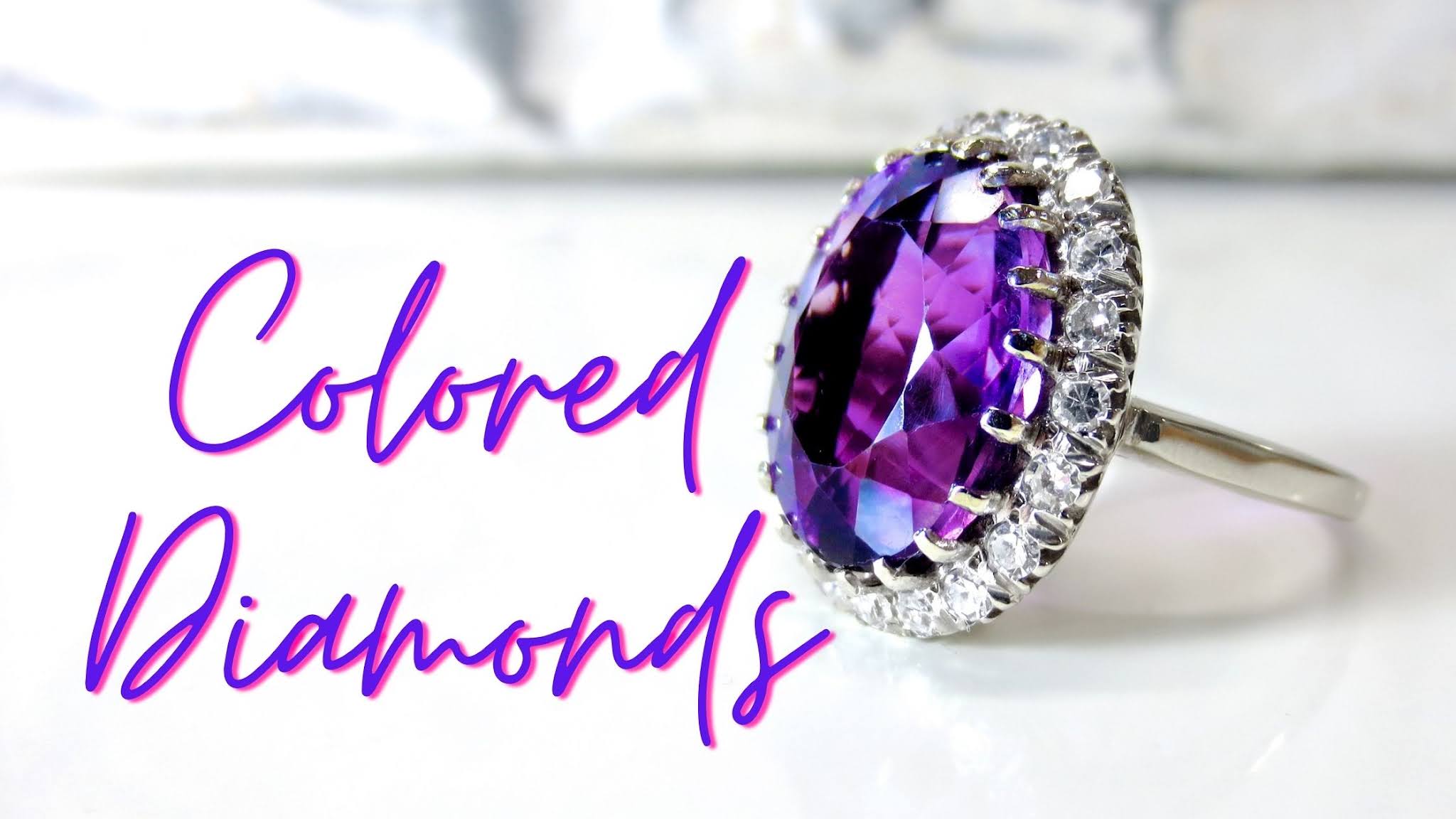Are you considering purchasing some jewellery?
You should be aware that purchasing jewellery is not without risk. A jeweller may want you to know certain things for a variety of reasons.
And the most important of them all is that you will no longer buy jewellery from him!
However, as wise men have said, "all that glitters is not gold" and "every stone that sparkles is not a diamond," so be cautious when purchasing jewellery.
Here's a list of a few key details that your jeweller would rather you didn't know.
Is There a Diamond Sale? You've got to be kidding!
Did the recently published diamond jewellery on sale ad tempt you enough to go check out what's on sale at your local jewellery store?
Or did you think to yourself, "Let me go out and buy that diamond ring I've always wanted?" After all, it's currently on sale!
Sorry to break your heart, but there is no such thing as a Diamond Sale!
Jewellers can't afford to sell diamond jewellery at a discount because DeBeers, which owns 65 per cent of the market, won't let them.
The diamonds on the market are either flawed or of poor quality, or both.
The myth of the "Perfect" Diamond
The diamond industry has benefited greatly from technological and scientific advancements. They now sell diamonds that have been refaced.
These diamonds appear to be flawless and brilliant in appearance.
However, these diamonds are artificially treated using either the fracture filling method, which involves filling visible cracks in the stone with a glasslike substance, or they are artificial stones because they resemble real rock.
Needless to say, these treatments give these stones a realistic appearance and allow them to be passed off as genuine. Take care!
Precious Gemstones or Color Beads That Have Been Dyed?
We are all aware that valuable gemstones such as emeralds, rubies, and sapphires are becoming increasingly scarce.
But did you know that many jewellers misrepresent coloured glass beads as gemstones and charge exorbitant prices for them?
Yes. Furthermore, many real gemstones are subjected to heading or oiling processes in order to improve their appearance.
This isn't a bad idea, but you should ask the salesperson if they have any stones like this. If you have any doubts, have the stones appraised by a reputable third party.
Blood Diamonds from Africa
Diamonds made of blood? No, we're not referring to the Leo DiCaprio film. We're discussing the subject of that film.
Blood diamonds are diamonds mined in African countries such as Sierra Leone, Angola, and the Congo.
This is due to the fact that slave labourers risk their lives in the mines in order to find diamonds, and some of the money they earn is given to warlords who use it to buy weapons to murder innocent civilians.
Because diamonds pass through so many hands, it's possible that your jeweller won't be able to tell you where they came from.
Furthermore, there is no way to guarantee that a diamond is “conflict-free.”
Pearls
There are two types of pearls, as we're sure you already know. Natural and cultured pearls are available. Natural pears are extremely rare and expensive, whereas cultured pearls are widely available.
The nacre is a sign of a genuine pearl. The presence of thick nacre indicates that the pearl you are holding is genuine.
The lustrous natural coating that emanates from the nucleus of the pearl and covers it, making it glow, is referred to as nacre.
Naturally, thicker nacre means more radiance and a purer pearl. Typically, pearl jewellery priced around $150 is made of artificial pearls and is not worth investing in because it will inevitably deteriorate.
Do you have any antique jewellery? Yes, we have it.
Antique jewellery or estate pieces (items made between 1890 and 1960) are valuable investments because they are difficult to come by and can always become the next fashion trend.
However, not all pieces of estate jewellery are genuine antiques. Be wary of being duped into buying antique jewellery that was made as recently as 1990 or later and given a finish that makes it appear to be an antique piece.
Additionally, don't buy reworked antique jewellery unless you can tell it's been reworked. The value of a piece is nearly halved when it is remodelled.
If you're buying antique jewellery, have your jeweller write down the following information: the piece's date and location of manufacture, its condition, the type of metal or stones used, whether they've been treated, and whether the stones are the original gems.
Extended Jewelry Warranties are available. Don't even think about it!
Extended warranties are sold by jewellers for a few dollars to a few hundred dollars. Because they only cover partial losses, these warranties become a burden.
You'd be better off purchasing a new insurance policy that covers all types of losses, including theft, garbage disposal death, and more.
Remember that buying good jewellery necessitates caution. Always do your homework before purchasing jewellery to ensure your safety.





Comments
Post a Comment